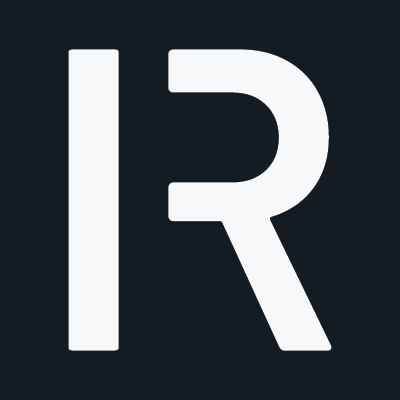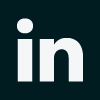Many workshop methods and tools (e.g. business model canvas) are overhyped and yet under-utilised. In this post, I share my view on how workshops are an efficient way to make good decisions and why specific methodologies should rather be seen as a means to an end, not a final deliverable per se.
Outcomes over tools: extracting knowledge efficiently
Striving for maximum efficiency is crucial when solving strategic growth challenges. One way to extract tacit and inherent organisational knowledge is to get a cross-functional team of key stakeholders and experts into one room and to collaboratively work through a well-framed challenge. Depending on the project stage, workshops can be utilised to analyse user research and derive insights, to develop problem statements or to ideate solution hypotheses. However, the ultimate goal is always to extract and combine knowledge efficiently, to enable all participants to think freely and to be creative, and to simplify decision-making. A workshop is successful if afterwards the project teams can move on and actually use the output for further implementation.
Why input and output matters
The traditional accounting rule of “bad stuff in = bad stuff out” also applies to workshops. Getting the right input and output is equally important when running efficient workshops. The right input can be ensured by preparing all needed data and insights beforehand, inviting the right people, encouraging unbiased and open communication and by applying the right method for the challenge at hand. To get the right output, the content generated during the workshop needs to be structured at the right level, i.e. above or below the line. Above the line refers to the high-level issues, while below the line refers to the details underpinning each single high-level issue. A good workshop keeps those two levels separate and transparent, so that everyone knows what they’re working on. Beyond that, the actual process of generating content should to be collaborative, foster cross-disciplinary thinking and make it safe to communicate ones honest thoughts. That’s where innovation and design methodologies can make all the difference, as they have been created for co-creation and collaborative working. Afterwards, the key insights and decisions need to be clearly communicated, so that project teams can build on it. Consequently, the main objective is to extract insights, enable teams to make better and informed decisions and to move on in a productive manner.
Don’t confuse the tool for the outcome
Since the inception of the business model canvas, many tools have been false understood as the actual outcome. That’s why I emphasise the point that it’s never about the tool itself. Too often, teams are hyped up during a workshop by delving into customer personas, user journeys and neatly designed canvases. These tools are worthless if they end up at the workshop graveyard afterwards or if participants think that the job is done by e.g. filling out a persona canvas. While it’s important to apply the right tools, it’s even more important to treat them just as a means to an end, i.e. informing subsequent action.
It’s not about developing a persona, but about getting a deeper understanding of your client’s realities and contexts, which in turn e.g. informs the development of a new feature. It’s not about filling out a value proposition canvas, but about operationalising how you intend to deliver value through your product/service, marketing, support, etc. You get the point.
Any innovation or workshop method are tools to get the job done, thus they shouldn’t be confused with the actual outcome.
Every challenge is unique
This week we’ve been running a client workshop with a global B2B company. Instead of praising specific canvases or templates, we typically reverse-engineer the desired outcomes that move the project forward and then choose or develop the tools to get the job done. Thus, all templates we used have been customised for the client’s specific challenge. While we build on latest and proven methodologies pioneered by startups and leading innovative companies, we treat them as what they are (tools) to help our client frame their challenge, to develop insights, to make decisions and to utilise the output directly afterwards.The time spent in workshops is of high value as every participant needs to be there and put in mental effort to reach the workshop goal. Thus, every exercise and method we use is designed to generate valuable and actionable outputs.

About the author


